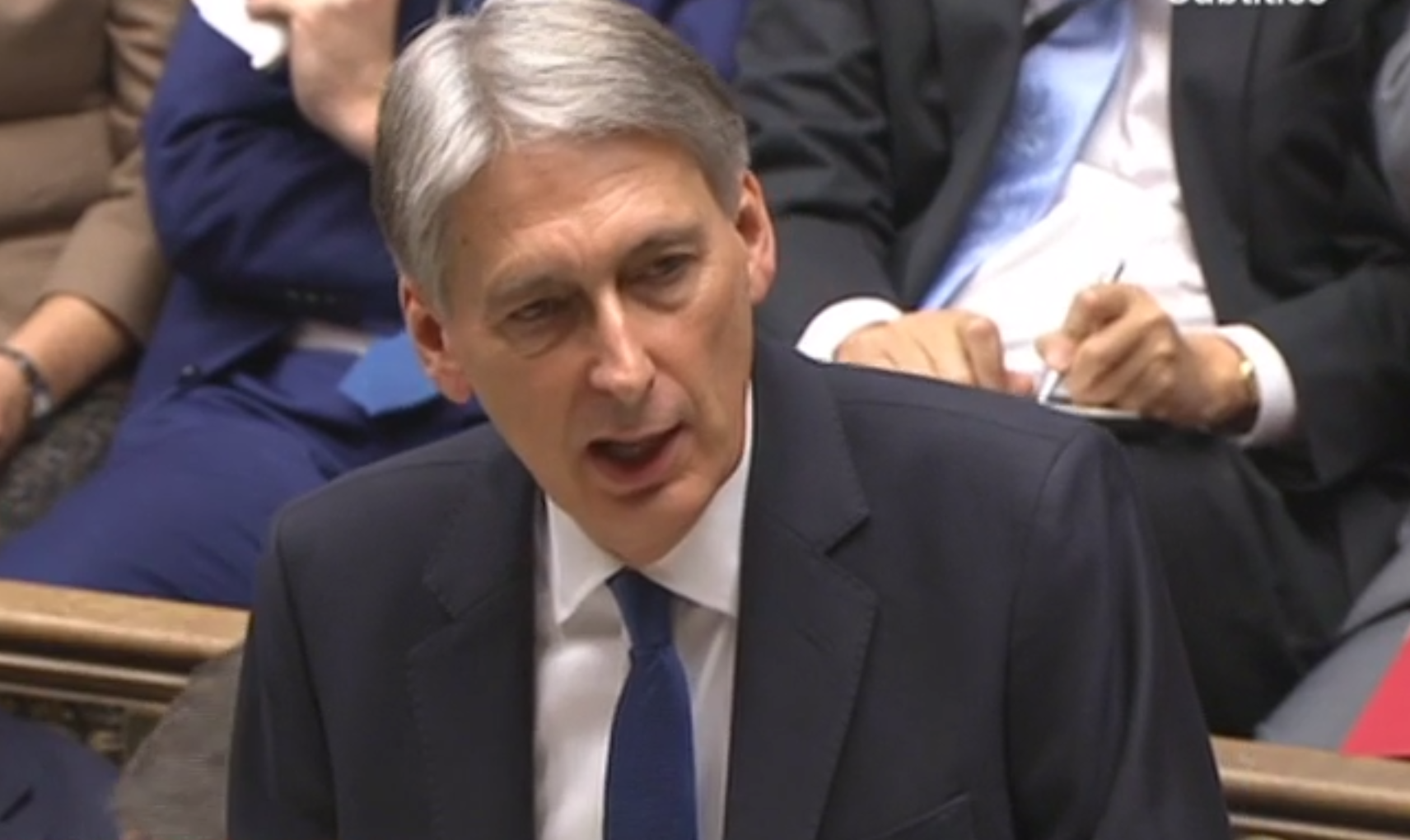Your support helps us to tell the story
From reproductive rights to climate change to Big Tech, The Independent is on the ground when the story is developing. Whether it's investigating the financials of Elon Musk's pro-Trump PAC or producing our latest documentary, 'The A Word', which shines a light on the American women fighting for reproductive rights, we know how important it is to parse out the facts from the messaging.
At such a critical moment in US history, we need reporters on the ground. Your donation allows us to keep sending journalists to speak to both sides of the story.
The Independent is trusted by Americans across the entire political spectrum. And unlike many other quality news outlets, we choose not to lock Americans out of our reporting and analysis with paywalls. We believe quality journalism should be available to everyone, paid for by those who can afford it.
Your support makes all the difference.The taxpayer-funded renovation of the country’s largest stately home; a brand new train to deliver port and perhaps even people between Oxford and Cambridge; and the bill for Brexit currently stands at £12,643.68 per vote.
They’re the main things to remember from Box Office Phil Hammond’s first Autumn Statement. That and the fact it will also be his last. “Mr Speaker, I am abolishing the Autumn Statement,” he said at the end, with what must technically be recorded as a flourish. “No other major economy makes hundreds of tax changes twice a year, and neither should we.” The dead rabbit strategy.
The Autumn Statement, we learned, would be replaced by an Autumn Budget, and the Spring Budget replaced by a Spring Statement, leaving things, at least to the untrained observer, precisely as before. You could argue this is precisely the kind of low-impact revolution the country is crying out for at the moment, but the reaction was less understanding.
By this point Hammond had already shocked the House, if not the world, with two acceptable jokes. To judge from the Chancellor’s reddening cheeks as all around him erupted with laughter, this, the hat trick completer, and the best of the lot by some margin, had been unintended.
They oohed and ahhed and growled and groaned over the growth forecasts. “1.4 per cent in 2017 ... 1.7 per cent in 2018.” Even the IMF, those grand high acronym wielding experts, had been cited within the Chancellor's opening sentence. Imagine the reaction if any of these numbers bore any relation to reality? The sheer gravitas they are afforded is one of the defining insanities of our age. By the time reality arrives, one, two, three years later, rarely can anyone be bothered to point out how utterly wide of the mark they consistently are.
In 1989, for example, a young man by the name of Ben Broadbent, who’d just started work at the Treasury, forecast a small budget surplus by 1992, which three years later turned out to have been some way wide of the mark when the country recorded its largest ever peacetime deficit. Well, largest *then* anyway. That chasmic discrepancy would be blown out of the water by the 2006 view on what 2008 might look like. (And if you’re wondering what happened to Mr Broadbent, feel free to look up the odds for the next governor of the Bank of England).
The numbers on quite how much Brexit is going to cost are similarly varied, though none are small. The Office for Budget Responsibility’s analysis puts the figure at £220bn by 2020 – more than £12,000 per Brexit-ticked ballot paper. That’s the kind of number that does make one wonder if the £350m a week for the NHS is ever going to turn up (it’s not).
As simultaneously first and last Autumn Statements go, Hammond’s performance was unique. His favourite line, that “the British people ‘didn’t vote on 23 June to make themselves poorer”, was conspicuous by its absence. But it’s hard to squeeze it in when it’s your job to read out the numbers that show that’s precisely what they did do. But it was also hard to miss the occasional trace of a suppressed smirk as he did so. If Hammond is to be the nation’s told-you-so merchant at its hour of grave need, one suspects he is going to enjoy it.

Join our commenting forum
Join thought-provoking conversations, follow other Independent readers and see their replies
Comments